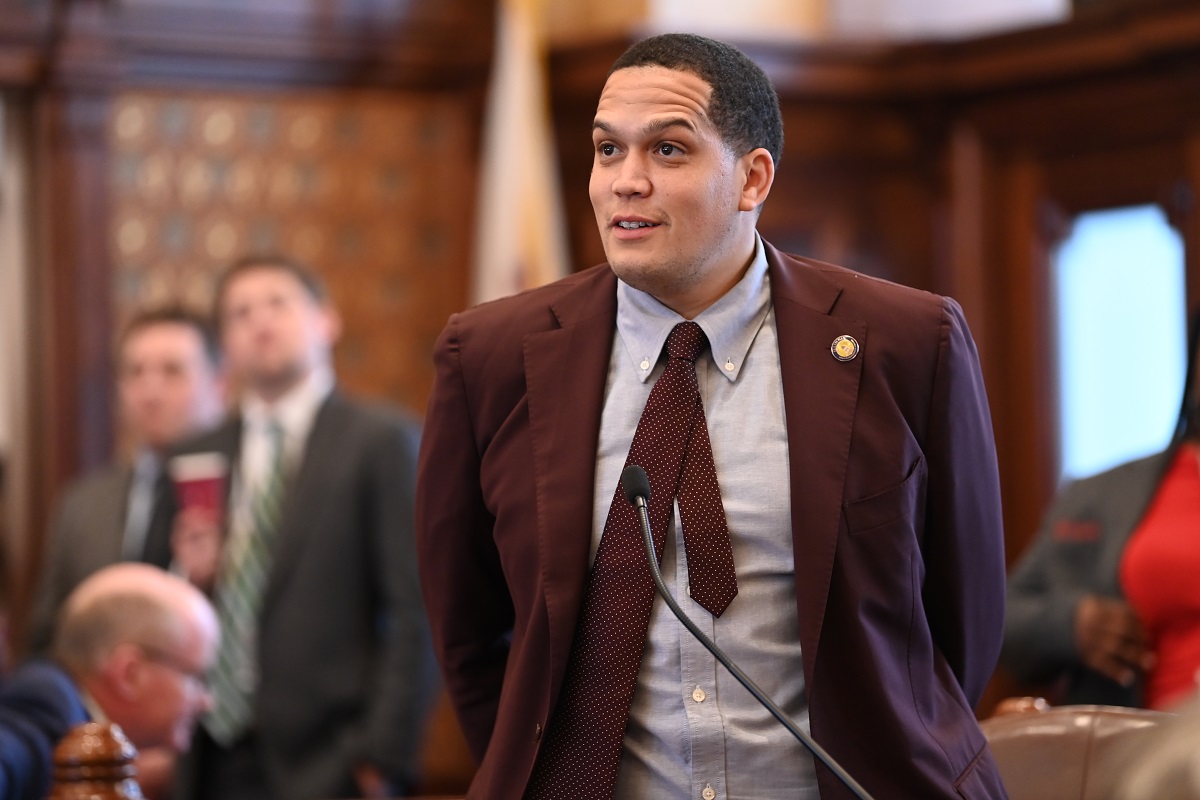 SPRINGFIELD — State Senator Robert Peters led a new law creating the Office of the State Public Defender, an independent office under the state’s Judicial Branch – marking one of the most substantial reforms of Illinois’ public defense system since 1949.
SPRINGFIELD — State Senator Robert Peters led a new law creating the Office of the State Public Defender, an independent office under the state’s Judicial Branch – marking one of the most substantial reforms of Illinois’ public defense system since 1949.
“This law ensures we in Illinois are preserving residents’ constitutional right to counsel, regardless of their financial means, and contributing to a more just and equitable legal system,” said Peters (D-Chicago). “We have a duty to reduce disparities in our system – whether those are harsher sentences or wrongful convictions – and this law is a huge step in the right direction.”
A state public defender is a government-employed lawyer who provides legal representation to individuals accused or convicted of crimes who cannot afford to hire their own attorney. Public defender offices are one of three methods through which states and localities ensure defendants are granted the 6th and 14th Amendments right to counsel.
Currently, in all Illinois counties except Cook, judges can hire and fire chief public defenders at will. This goes against the national standard set by the American Bar Association, which calls for public defenders to be independent. Only one other state – Mississippi – still does this, highlighting the need for this updated system in Illinois.
Peters’ law creates the State Public Defender Act – establishing the Office of the State Public Defender under the courts, setting the rules for the public defender’s powers, pay and how they are appointed, and forming a commission to oversee the office and identify its operational costs and funding requirements. At the local level, county offices will mirror this structure to strengthen local defense across the state.
“For far too long, our public defenders have been overburdened and under-resourced,” said Peters. “With the signing of this law, we’re empowering public defenders with the support they need to ensure equal access to justice for all Illinois residents.”
House Bill 3363 was signed into law Friday. It goes into effect Jan. 1, 2027.




